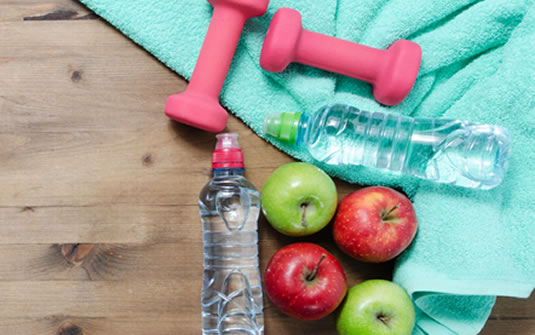The Get Active course - is a free 3 week introduction to exercise programme. This programme will give you the opportunity to: Try a range of gentle taster exercise sessions, Access information and support and benefit from free/ discounted exercise vouchers.
If you are over the age of 18 and your health could benefit from a gentle increase in activity then contact us, please feel free to bring an exercise buddy with you.
Group sessions are delivered in accessible community venues across Essex
Cancer Rehabilitation – is a positive evidence based programme that will give you the support, tools and skills you need to improve your quality of life and wellbeing.
This programme supports clients to achieve short and long term goals from getting back to work to feeling more confident and able to carry out everyday activities.
The programme will enable you to improve many aspects of your health and wellbeing including: improving your movement range, increasing your energy levels and enabling you to become more positive and more independent.
The programme runs for 6 weeks and each session lasts for 1 hour with refreshments. All courses are delivered in accessible community venues in the local mid Essex area. You can join the programme if are currently going through active cancer treatment or three months post cancer treatment.
Seated Exercise Classes – this free class is a great way to increase your strength, flexibility and overall fitness levels. Meet new people and have fun at the same time! All you need is comfortable clothing and sensible footwear.
Managing Health Programme - many people suffer with Long Term Conditions – a health problem that cannot be cured but can usually be controlled by medication and other therapies. Long Term Conditions can affect many parts of a person’s life, from their ability to work and have relationships, to housing and education opportunities.
Examples of Long Term Conditions include – high blood pressure, depression, chronic obstructive pulmonary disease and arthritis. Provide offer Managing Health Courses for people living with Long Term Conditions. The course aims to help them take control of their health by learning new skills to help manage their condition better on a daily basis. The course covers many issues and topics faced on a daily basis including – Dealing with pain and extreme tiredness, coping with feelings of depression, relaxation techniques and exercise, communication with family, friends and health professionals and planning for the future.
Supporting Essex Rehabilitation Company – Provide are pleased to be working in partnership with Essex Community Company to offer the support of a Lifestyles Coach.

